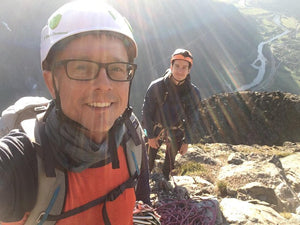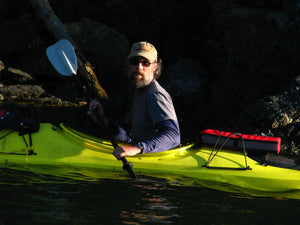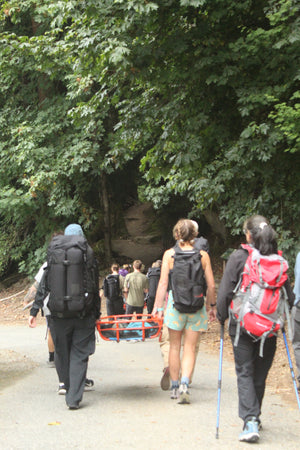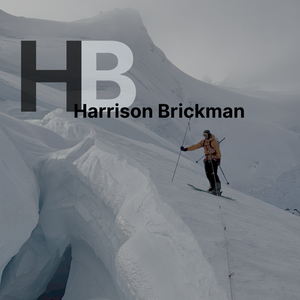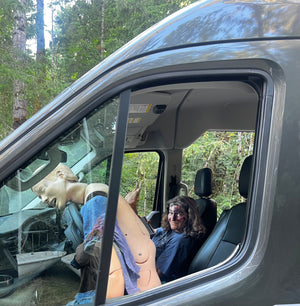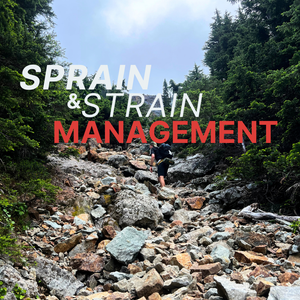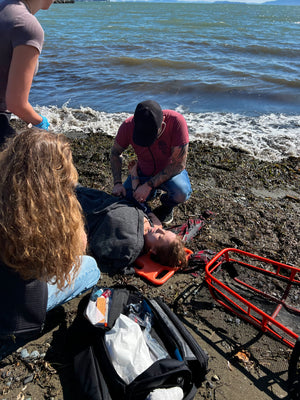The Safety Net for Big Change: A Conversation with Eli Loomis
May 30, 2019
"I've been outside as much as I can for pretty much my whole life," says Eli Loomis, and his career is a testament to that fact. From a post-college job as an algae researcher in Antarctica to his current role as Executive Director of the Boulder Outdoor Survival School (BOSS), Eli has been drawn to the world’s "big wild places."
That first Antarctic experience opened his eyes to the power of remote landscapes and inspired him to keep seeking them out. Today, he finds that power exploring the plateaus and canyon bottoms of Southern Utah with his students. "When I'm traveling through gigantic landscapes I feel more human," he reflects. "Wilderness is where I'm anchored and where I can feel most peaceful (despite the mosquitoes)."
At BOSS, Eli and his team lead ambitious, primitive-skills expeditions far from civilization. This work comes with a profound sense of duty. "I feel an enormous responsibility to our students—we ask them to push themselves hard," he says. "I'm very conscious that we need to be there to support them in every way we can."
For Eli, that support starts with safety. He knows that without a strong safety net, the school’s true mission—facilitating personal growth—can't happen. His Wilderness First Responder certification, which he recently recertified through our hybrid course, is the bedrock of that net.
"The safety of our students is of critical importance to me," he states. "My co-instructors and I need wilderness medical training for us to be able to help people learn traditional wilderness skills and have big, life-changing experiences out there."
Eli’s belief in the transformative power of the wild is personal. His experiences in Montana, South America, Japan, and on the big volcanoes of his home state of Washington have shaped who he is. "The hardship and beauty I find out there have helped me grow a lot," he says. "I want to help other people find something out there too. So now I try to act as a guide and a witness for people on their own journeys."
He sees his role, and that of his team, not as the source of change, but as the facilitators. "I love that the wilderness does most of the work," he explains. "We provide instruction on skills and a safety net. It's the challenge and the remote wildness that allows people to see themselves and the world differently." That powerful combination, he believes, is made possible by being prepared. "Wilderness medical training lets us offer that to people. It feels like a big deal."
